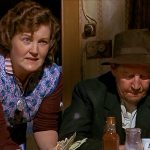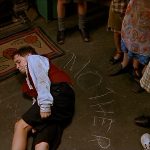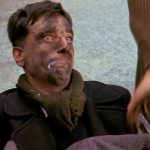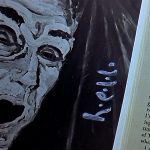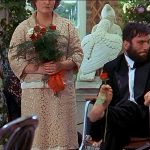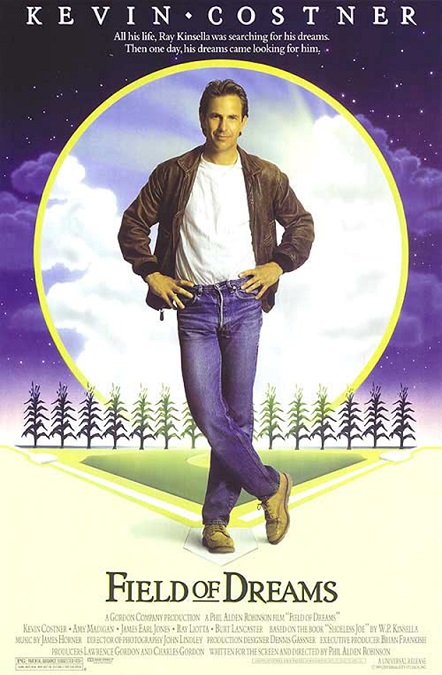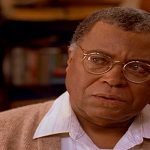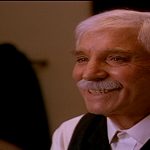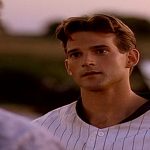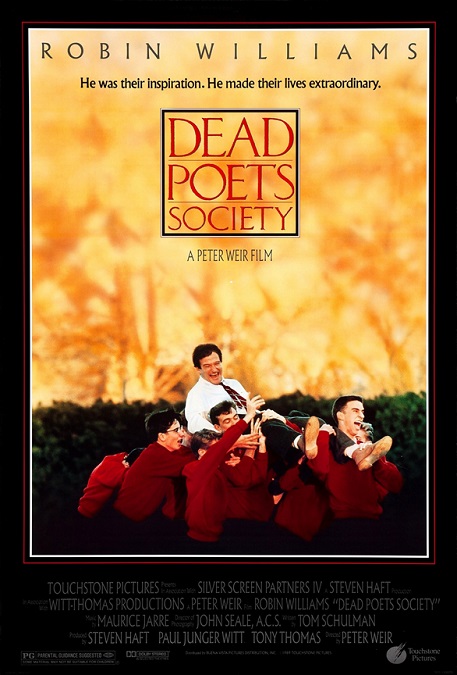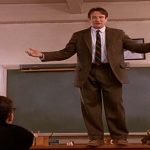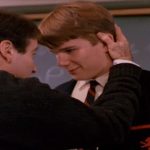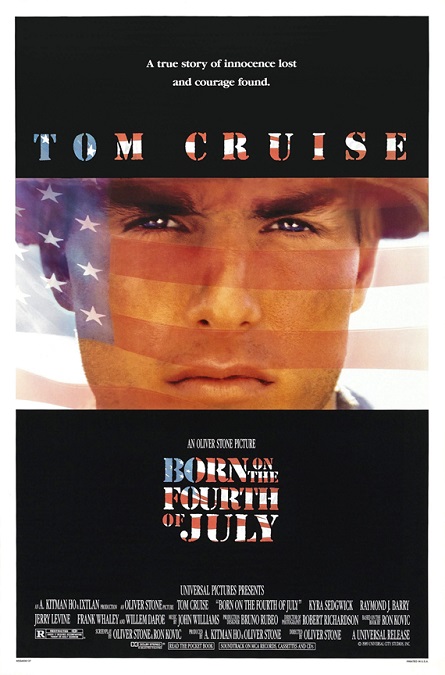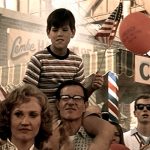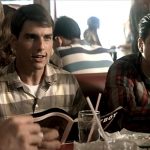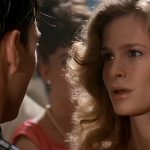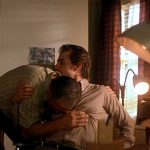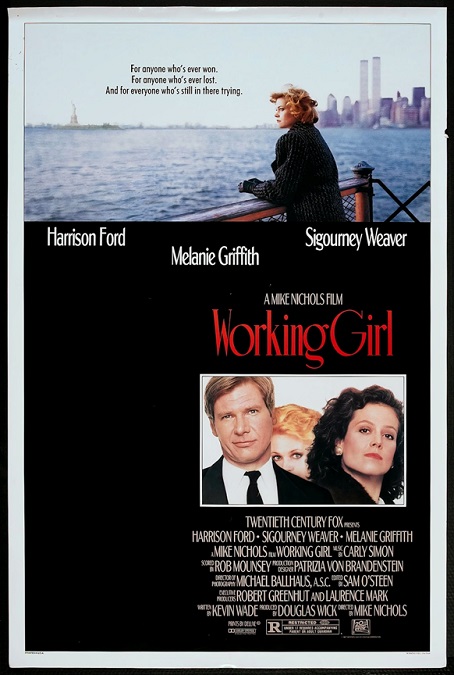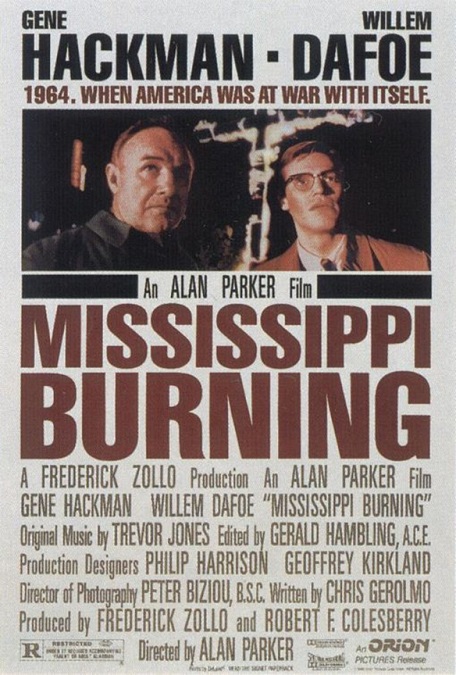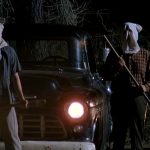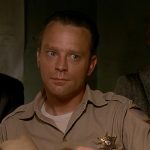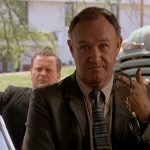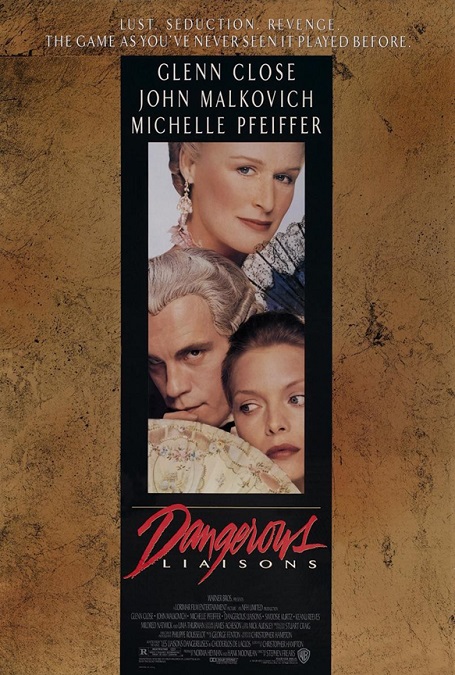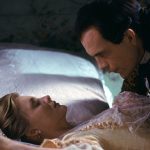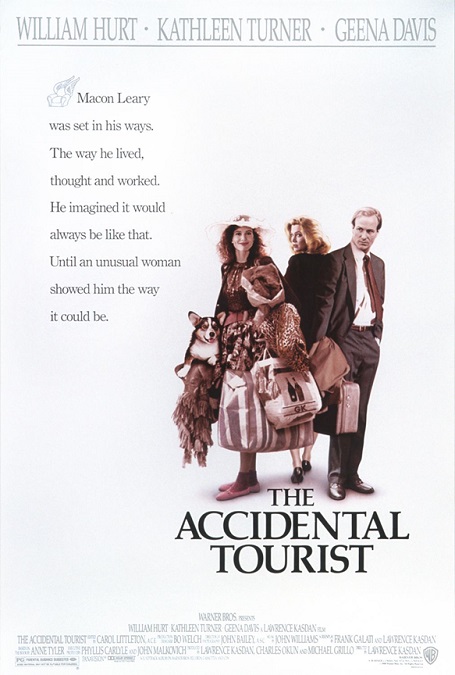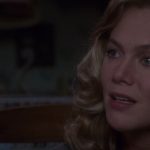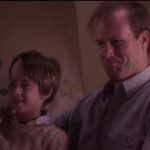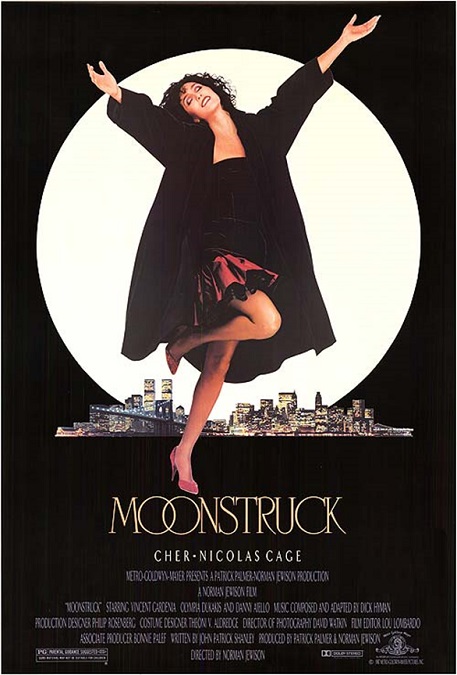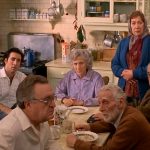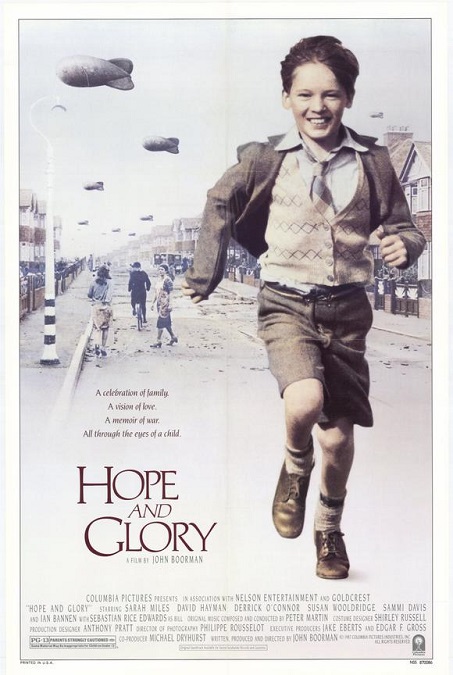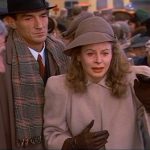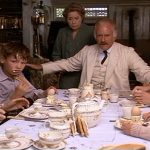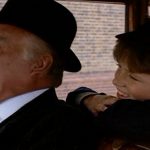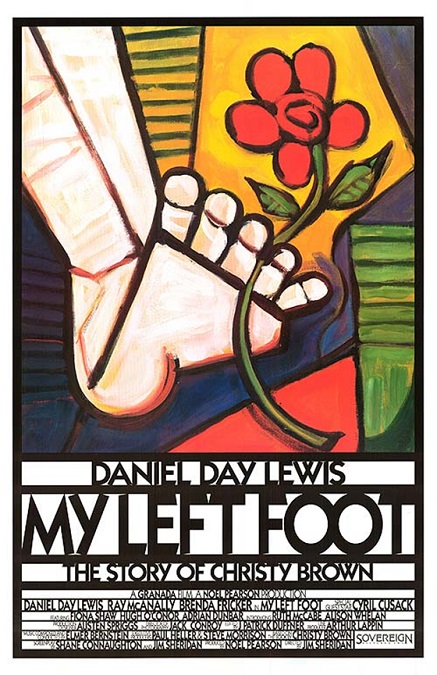
My Left Foot – 1989
I’ll start this off by saying that this was an amazing movie that told a phenomenal story. Daniel Day Lewis was incredible in the role that won him his first of three Oscars for Best Actor. He plays Christy Brown, an Irish artist and author. The film is based on Brown’s autobiography, and was directed by Jim Sheridan.
The story is wonderful and inspirational, telling of how Christy was born with cerebral palsy, grew up learning to deal with his disability, and became an accomplished painter and writer. What I liked about the movie is that it was never negative. It was always positive. He did not have the ability to speak or communicate with anybody until he was 10 years old, so everybody assumed that his mind was just as crippled as his body. Unfortunately, his mother Bridget, played by Brenda Fricker, and his father Paddy, played by Ray McAnally, treat him as if he is severely retarded.
But through sheer force of will, the young boy uses the only part of his body over which he has control, his left foot, to let his family know that he is just as smart as anybody. He learns to communicate, giving himself a chance at a somewhat normal life. But not only does he learn to write by holding a piece of chalk between his toes, he discovers that he has incredible talent as a painter. And if you don’t know, his paintings were incredibly good for any artist, but knowing the artist’s disability, knowing that he did it all using only his left foot, I was just speechless.
Doctor Eileen Cole, played by Fiona Shaw, takes him on as a patient, teaching him how to function normally in society, and greatly improving his language skills. When she discovers his artistry, she uses her connections to get him his own exhibition in a gallery. He falls in love with her, but is devastated when he learns that she is engaged to another man. He works out his pain by writing his autobiography, which becomes an inspiration for others who share his debilitating disease. And that’s the basic plot.
Daniel Day-Lewis’s performance was nothing short of genius. The physical demands of the role must have been bafflingly difficult to embody. But his focus, his relentless realism, and his incredible skills as an actor, made his Oscar win inevitable. He was truly amazing. Fricker also took home the Oscar for Best Supporting Actress, and again, it was well-deserved.
But what I came away from the film thinking about was how positive the movie was. It could so easily have been dramatized as a sob story about a man who had to deal with more than just his disability. He could have been portrayed as a man who had to struggle with his parents’ scorn, or his siblings’ derision. He could have had neighbors who were afraid of him or other kids who made fun of him. But no. I loved that he was shown as growing up in a very loving home with people who cared for him. The neighborhood community all watched out for him and he actually had a very good childhood, in spite of the cerebral palsy.
And speaking of Christy’s childhood, I would be remiss if I did not mention the incredible performance of child actor Hugh O’Conor, who played young Christy. The boy’s performance was every bit as good as Lewis’s. He was phenomenal in his own right and deserves to be recognized. Not only was he a good actor, he really looked a lot like Daniel Day-Lewis, enhancing the film’s believability.
But the positive nature of the movie was really highlighted by the bookended narrative. The movie actually starts out as the adult Christy is waiting in a private room at a charity event that is lauding him as the guest of honor. Watching over him is a pretty young nurse named Mary Carr, played by Ruth McCabe. As the two wait for Christy’s moment to appear, Mary begins to read his book. The main body of the film then shows his life as she reads it.
The film is sparsely punctuated with returns to the room, reminding us that we are watching a flashback of sorts. And then the movie’s final sequence follows Christy’s attempt to get Mary to break a date to stay with him. By then, we know that he has been hurt by female rejection on more than one occasion. We are afraid that it is going to happen again. But Mary, having read his book and gotten to know him a little, agrees to break her date.
And I loved the final scene in which Mary and Christy leave the charity together. When it becomes clear that the two have a connection, a little bit of text appears on the screen, letting us know that they married in 1972. The movie ended there, and I was happy. But my research revealed a sadder ending. Apparently, the movie, and Christy and Mary’s relationship, was very fictional. According to Christy’s siblings, Mary was an abusive alcoholic wife who regularly beat Christy, and was habitually unfaithful to him with both men and women. But I can see why they left all that out.


